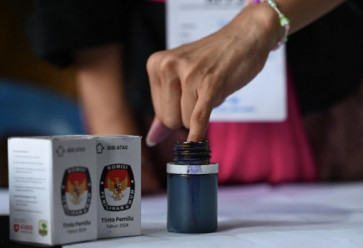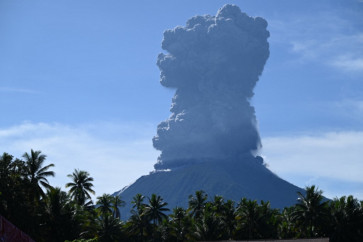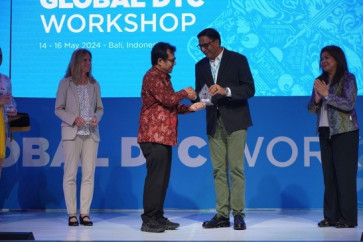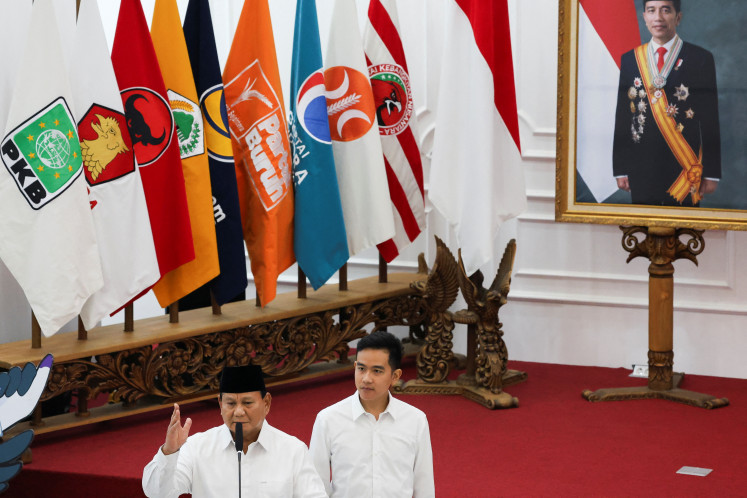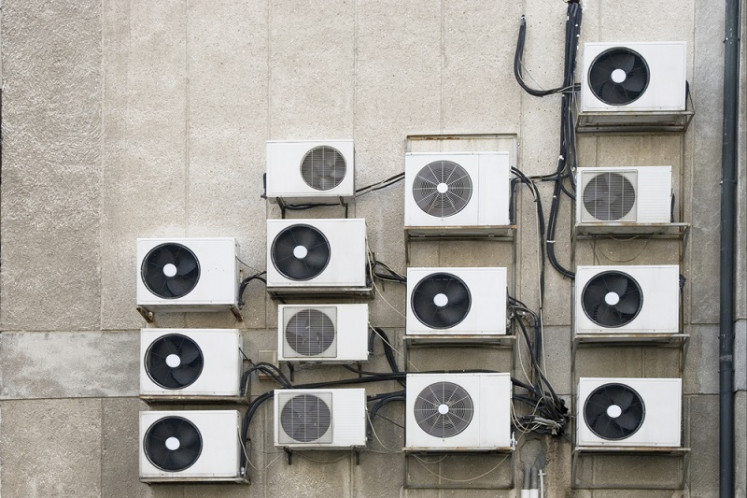Editorial: Fighting the drought
Traditional trading systems seek to exploit a country’s natural richness and export them in exchange for revenues, while modern systems, which have only recently been implemented, require further processing of harvested resources into value-added products before their export for higher revenues
Change Size

T
raditional trading systems seek to exploit a country’s natural richness and export them in exchange for revenues, while modern systems, which have only recently been implemented, require further processing of harvested resources into value-added products before their export for higher revenues.
Both systems have been practiced in the Republic under normal conditions, but what will happen to the processes of harvest-trading or harvest-processing-trading in times of abnormal conditions like prolonged drought? What can we do to help our farmers — the only community directly involved in farming activities, who, as a consequence, will suffer the most in times of drought?
What we — the government in particular — have been doing in the face of such irregularities has been to implement physical measures in response to the weather- or climate-related difficulties. It’s very common to see or hear the government sending water trucks or installing water pumps to distribute clean water to the affected areas. Other technical measures take the form of equally rotating the distribution of water from dams to farmers.
Non-technical measures include providing ad hoc funds to deal with the prolonged drought. Coordinating Economics Minister Hatta Rajasa says the government has this year allocated Rp 2 trillion (US$208 million) to tackle the impacts of the drought and another Rp 3 trillion to stabilize the prices of food, as production output will significantly decrease during such hard times. Meanwhile, the Agriculture Ministry has allocated Rp 199 billion to compensate farmers with failed crops, particularly rice — the staple food for a majority of Indonesians.
The current prolonged drought has seriously affected nine provinces across the country, some of which include Java’s rice production centers. The provinces currently hit by the water crisis are Lampung in South Sumatra; Banten, West Java, Central Java, Yogyakarta and East Java; West and East Nusa Tenggara; and West Papua.
Prolonged drought is not a new phenomenon here and has affected parts of the country ever since planting and cultivating systems existed in Indonesia. However, all the measures already taken are for short-term purposes only. It is therefore high time for the country to switch from the traditional crisis-response approaches of deploying water trucks and installing water pumps to the affected areas to a more anticipatory approach utilizing difficult, but not impossible technology.
One such an anticipatory measure, a pilot project undertaken by the government in cooperation with Germany’s Karlsruhe Institute of Technology (KIT), was put in place in 2004, when an underground water pump was installed to bring water to the Gunung Kidul regency in Yogyakarta. The project was brought to a halt in 2006 when a strong earthquake hit nearby Bantul regency and destroyed the pumping equipment.
Other anticipatory and long-lasting measures against drought will undoubtedly require technology advancements, and they will not be easy to establish or be effectively put in operation. Perhaps we can learn from desert-dominated Middle Eastern countries, which have been able to green their cities and even develop fish farming in their deserts.
We can either buy the technology from countries mastering such effective irrigation systems or develop it on our own. It is not cheap or easy to develop, indeed, but once in operation, it will be very beneficial in solving crises in our water-deficient regions in the long run.

